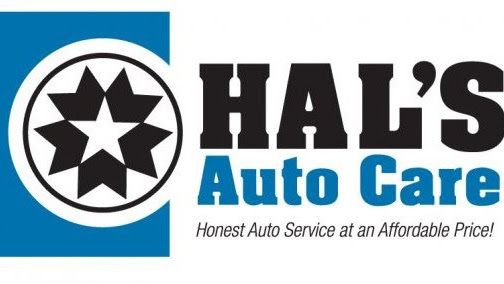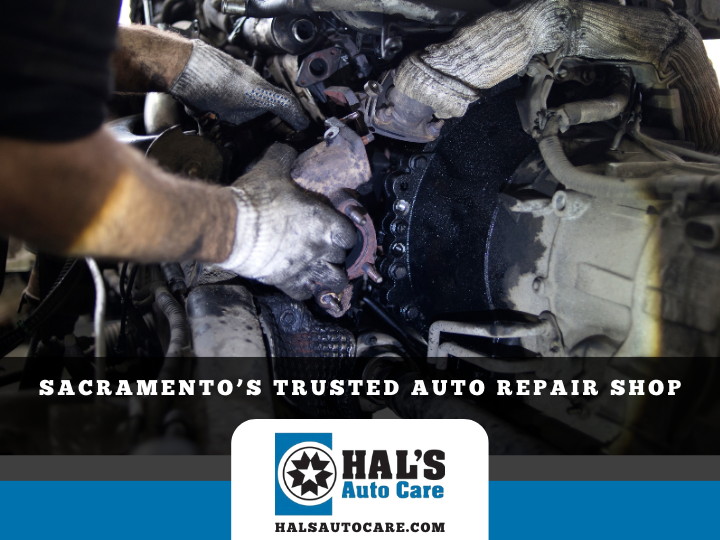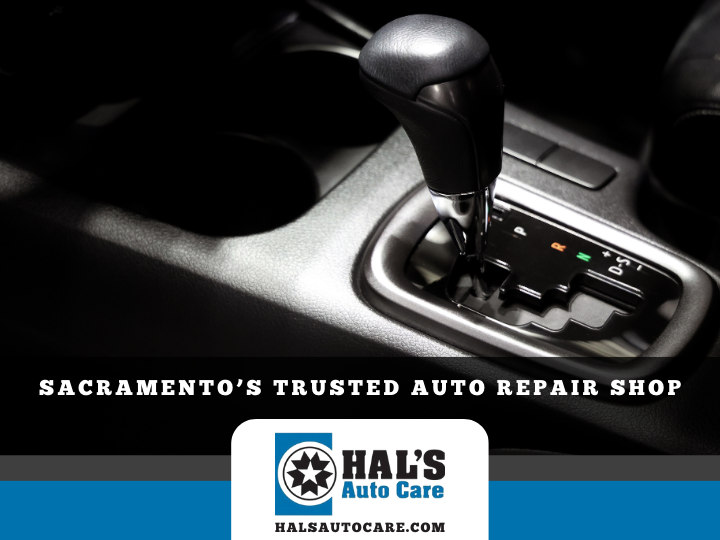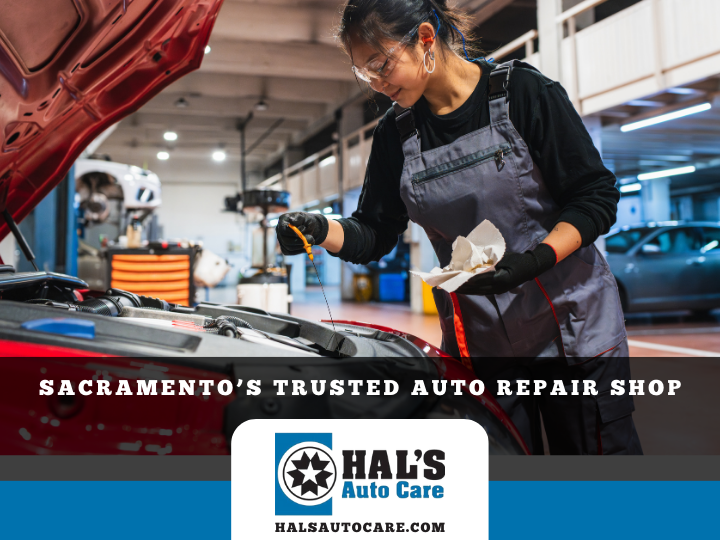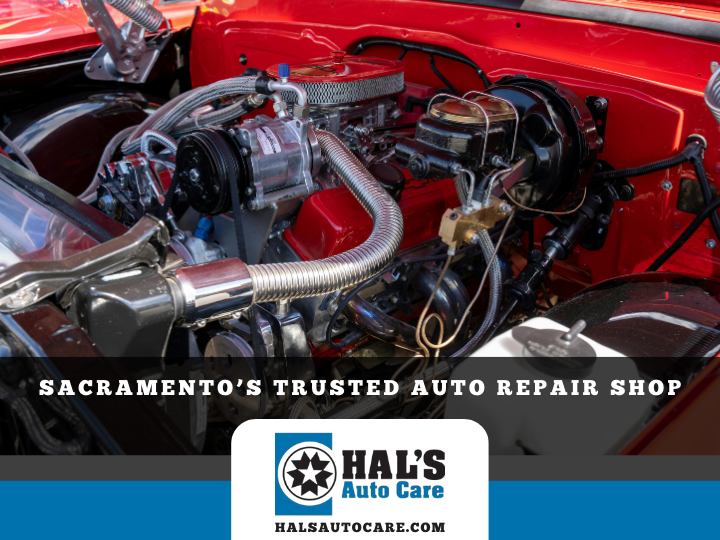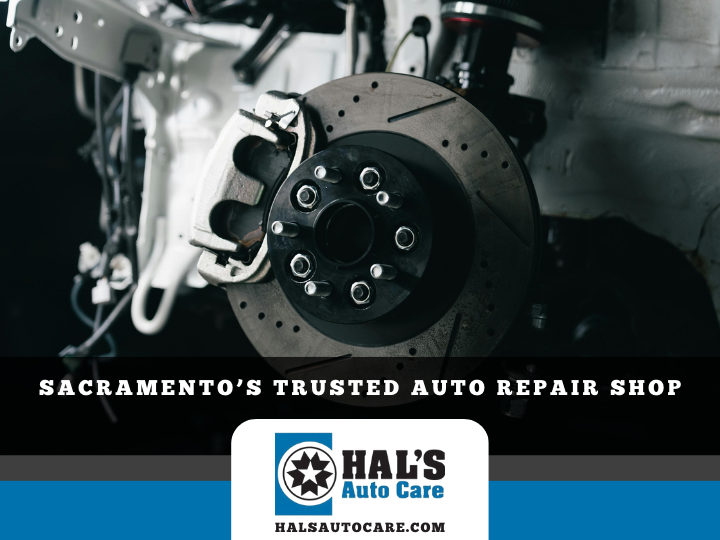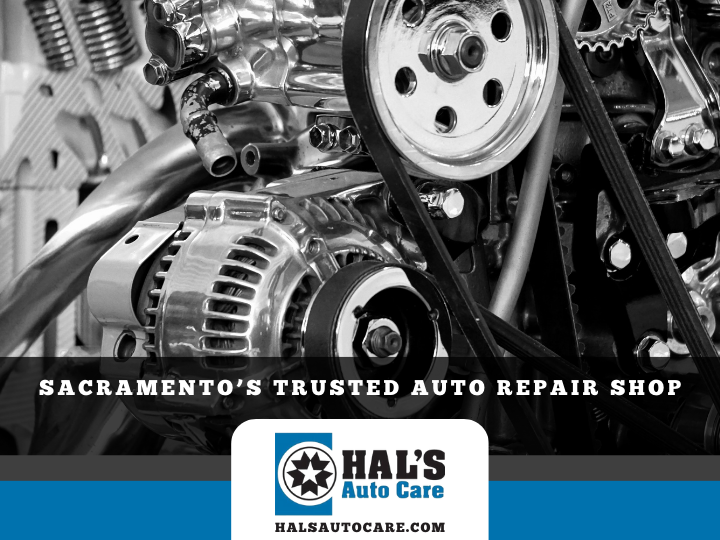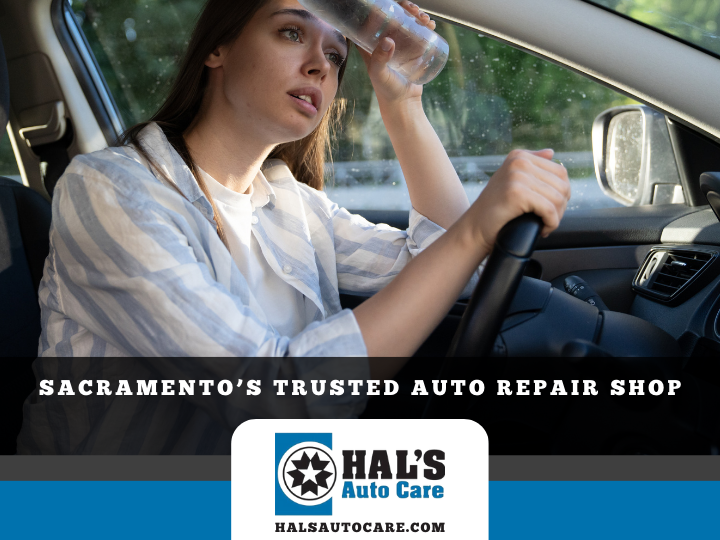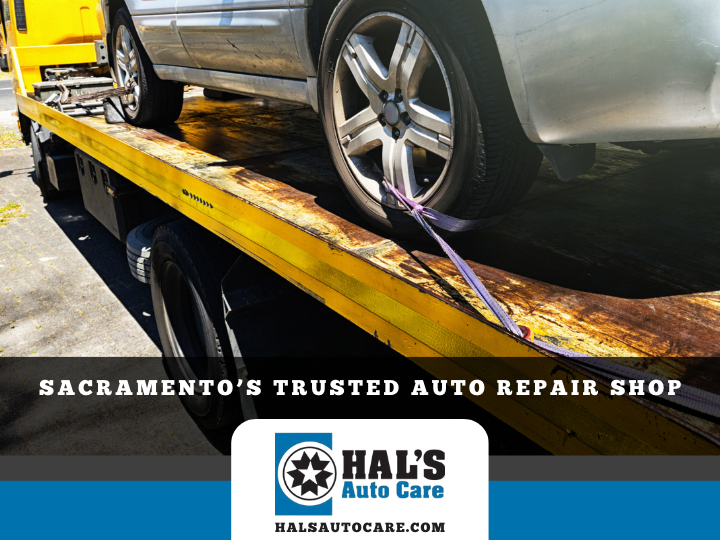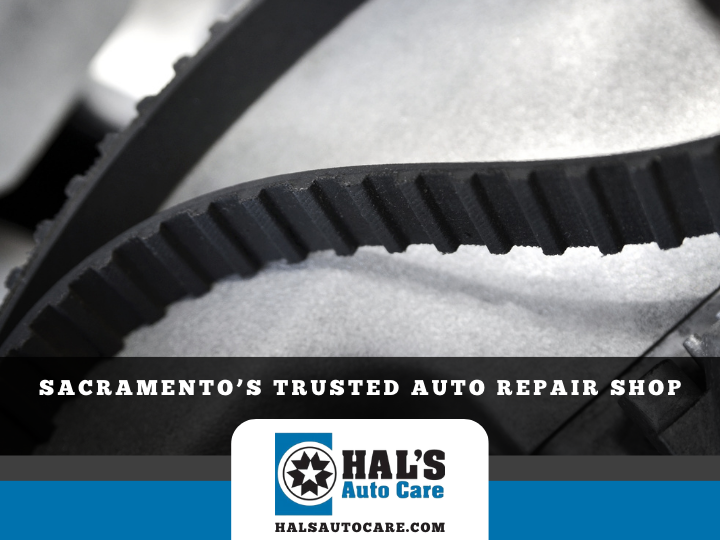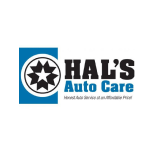Do shocks and struts have anything to do with braking distance?
Do shocks and struts have anything to do with braking distance?
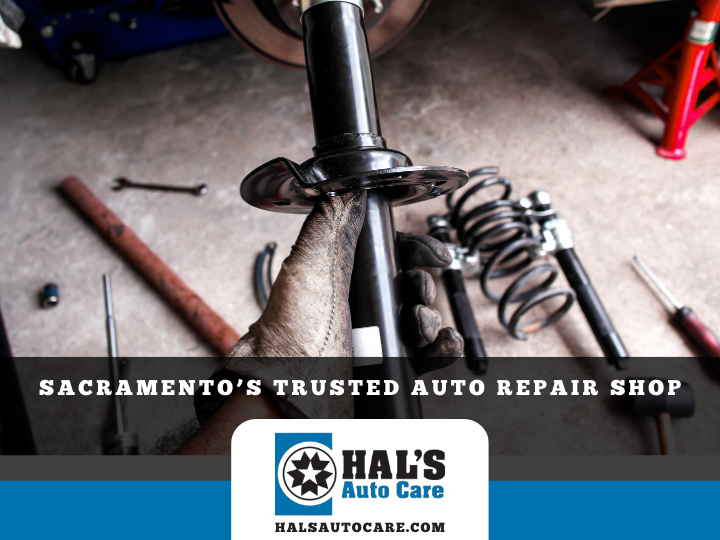
How Worn Shocks and Struts Quietly Destroy Your Braking Distance – What Sacramento Drivers Need to Know Now
Hal’s Auto Care – Your Vehicle’s Safety Starts Here
📍 2425 Tower Ave, Sacramento, CA 95825
📞 (916) 485-9215 | 🌐 halsautocare.com/services
Introduction: New Brakes Aren’t Enough if Your Suspension Is Worn
Imagine this: You’ve just had your brake pads replaced. Rotors resurfaced. Everything should feel solid. But when you hit the brakes? The car still feels… off.
You’re not imagining it.
In fact, the most overlooked reason for longer stopping distances, vehicle instability, and unpredictable control isn’t the brakes at all—it’s your suspension system, specifically your shocks and struts.
Worn shocks and struts can increase your braking distance by 20%–30%.
That means what should have been a safe stop becomes a close call—or worse.
At Hal’s Auto Care, we want Sacramento drivers to understand what really determines your ability to stop in time. Let’s break it down in detail—because your safety depends on it.
What Are Shocks and Struts—and What Do They Actually Do?
Shocks and struts are often lumped into the category of “ride comfort.” But here’s the truth:
They are critical safety components.
- Shock absorbers control the rebound and compression of your suspension.
- Struts combine a shock with a coil spring and are structural components in many vehicles.
Together, they keep your tires planted on the road—even during braking, turning, or hitting bumps. And if your tires don’t stay in contact with the pavement, your brakes can’t help you.
Friction can’t stop a wheel that isn’t fully touching the road.
How Worn Shocks and Struts Sabotage Your Braking Distance
🔧 1. Tires Bounce Instead of Gripping
When your shocks are worn, your wheels start to skip or bounce—especially on rough or uneven pavement.
Sacramento drivers experience this all the time on roads like Howe Ave, Marconi, and El Camino.
If your tire lifts even slightly during braking, you lose friction. And with less friction, you lose the ability to stop quickly or safely.
🔧 2. Nose Dive and Rear-End Lift Cause Instability
During hard braking, your car’s weight naturally shifts forward.
Your struts are supposed to control that motion. But when they’re worn?
- The front end
dives aggressively
- The rear end
lifts
- You lose balance, control, and rear traction
- ABS may activate sooner due to instability
This throws off your entire braking system and increases the risk of skidding, swerving, or delayed stopping.
🔧 3. Stopping Distance Gets Longer—Sometimes Much Longer
A healthy car traveling 60 mph might stop in about
130 feet.
With worn shocks or struts, that number can jump to
160–180 feet or more.
That’s a full car length or two.
On busy Sacramento streets—or at highway speeds on I-80 or I-5—that’s the difference between a safe stop and a serious collision.
Braking Is a System, Not a Part
Your vehicle’s ability to stop isn’t just about your brake pads. It’s about the entire braking ecosystem working together.
Let’s simplify it:
- Brakes slow the wheels
- Tires transfer that force to the road
- Suspension keeps the tires glued to the road so the brakes and tires can actually work
If any part of that system fails, the whole system suffers.
If your shocks are worn? Your braking efficiency is already
reduced—dangerously.
Signs Your Shocks and Struts Are Worn Out
Your vehicle is already speaking to you. Here’s how to listen:
- 🚩 Bounces several times after a speed bump or dip
- 🚩 Dives nose-first when braking
- 🚩 Rear-end squats under acceleration
- 🚩 Body rolls or sways on corners
- 🚩 Uneven tire wear (especially cupping)
- 🚩 Steering feels loose or disconnected
- 🚩 Fluid leaking from shock or strut housing
If any of these are present, your suspension is no longer doing its job—and your braking system is paying the price.
Why This Matters for Sacramento Drivers
Driving in Sacramento comes with unique challenges:
- Constant stop-and-go traffic on Watt Ave, Folsom Blvd, and Arden Way
- Heat and dry air that
degrade suspension bushings and seals
- Occasional heavy rain that demands sharp, balanced stops
- Freeway traffic requiring sudden deceleration from 65+ mph
- Potholes and uneven surfaces that stress your shocks every day
Sacramento isn’t kind to weak suspension. Your vehicle needs to be ready for real-world stops in real-world conditions.
Why Choose Hal’s Auto Care for Brake and Suspension Safety
At Hal’s Auto Care, we take your vehicle—and your safety—seriously.
We go far beyond the basics with our brake and suspension inspections, offering:
✅ Shock & strut diagnostic testing
✅ Ride control evaluations under actual load
✅ Brake pad and rotor condition reporting
✅ Alignment, tire wear, and load distribution checks
✅ Honest, no-pressure recommendations based on what your vehicle actually needs
We’ve served Sacramento since 1980 with expert technicians, trusted tools, and a reputation built on integrity.
We don’t just replace parts—we restore confidence.
What Happens If You Ignore It?
- 🚨 Braking distances get longer
- 🚨 Tire wear accelerates
- 🚨 Suspension failure puts strain on your steering system
- 🚨 Your ability to control your vehicle during emergencies is reduced
- 🚨 Your repair costs go up—and your safety goes down
This isn’t fear—it’s physics. The longer you wait, the more you risk.
Your Next Step: Schedule a Full Brake & Suspension Inspection
If your car feels bouncy, unstable, or slow to stop—or even if it just feels different than it used to—don’t wait. Let the certified experts at Hal’s Auto Care inspect your suspension and brake system together.
You’ll leave with clarity, safety, and control—and none of the uncertainty that puts lives at risk.
📍 2425 Tower Ave, Sacramento, CA 95825
📞 (916) 485-9215
🌐 Schedule online at
halsautocare.com/services
For more information please watch the video


